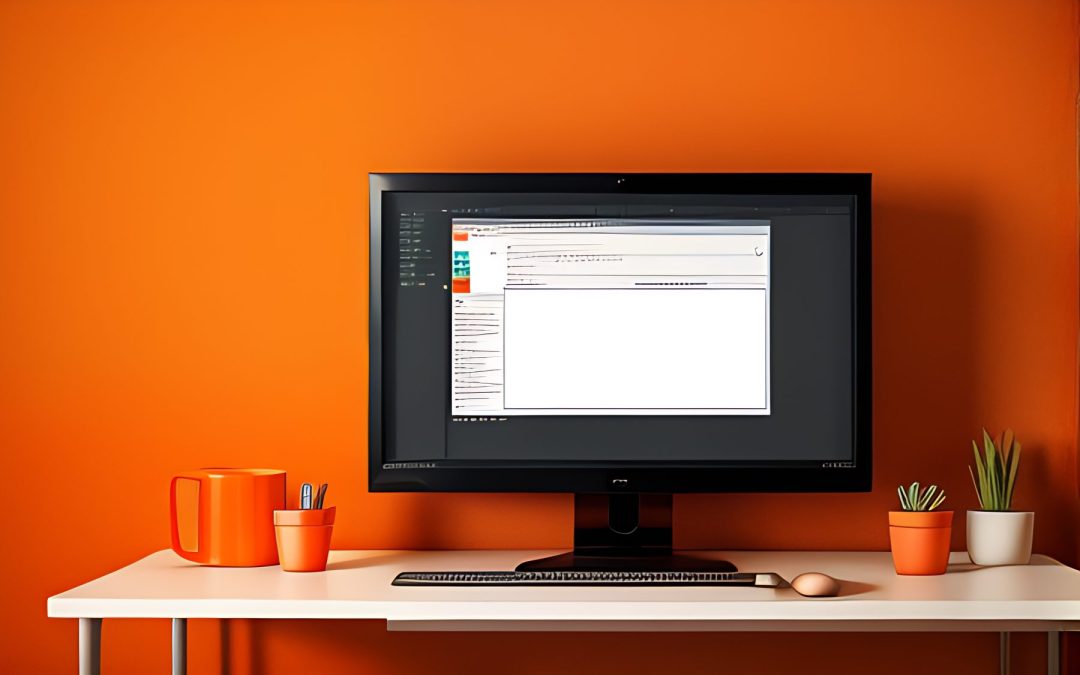Learning HTML doesn’t have to be daunting. In fact, it can be an exciting journey that empowers you to take control of your website. By familiarizing yourself with HTML, you gain the ability to make changes, customize layouts, and add functionality to your site.
So, how can you learn HTML effectively? There are several approaches you can take, depending on your learning style and preferences. Let’s explore a few popular options:
1. Online Tutorials and Courses: The internet is a treasure trove of resources when it comes to learning HTML. Online tutorials and courses provide structured lessons, step-by-step guides, and interactive exercises that help you grasp HTML concepts at your own pace. Websites like Codecademy, Udemy, and W3Schools offer comprehensive HTML courses suitable for beginners.
2. Books and Guides: If you prefer a more traditional learning experience, consider investing in a book or guide that focuses on HTML. These resources often provide in-depth explanations, practical examples, and exercises to reinforce your understanding. Some popular HTML books include “HTML and CSS: Design and Build Websites” by Jon Duckett and “Learning Web Design” by Jennifer Niederst Robbins.
3. Practice and Experimentation: Hands-on experience is crucial when learning HTML. Create a sandbox environment where you can freely experiment with different HTML tags, attributes, and elements. By building simple web pages and gradually adding more complexity, you’ll enhance your understanding of HTML and its capabilities.
4. Join Online Communities: Engaging with others who share your interest in HTML can be a great way to learn and grow. Participate in online forums, discussion boards, or coding communities where you can ask questions, seek guidance, and exchange ideas with fellow learners or experienced web developers. Reddit’s r/webdev and Stack Overflow are excellent platforms to start with.
Remember, practice makes perfect. As you become more comfortable with HTML, challenge yourself to implement what you’ve learned by working on personal projects or contributing to open-source initiatives. Building real-world websites will not only solidify your knowledge but also showcase your skills to potential clients or employers.
Learning HTML is a valuable investment that empowers you to maintain, update, and customize your own website. By understanding the language that powers the web, you’ll have the ability to bring your creative vision to life while ensuring your online presence accurately reflects your brand.
So, take the plunge and embark on your HTML journey today. With the right resources, dedication, and a little bit of creativity, you’ll soon be confidently crafting websites that captivate and engage your audience.

